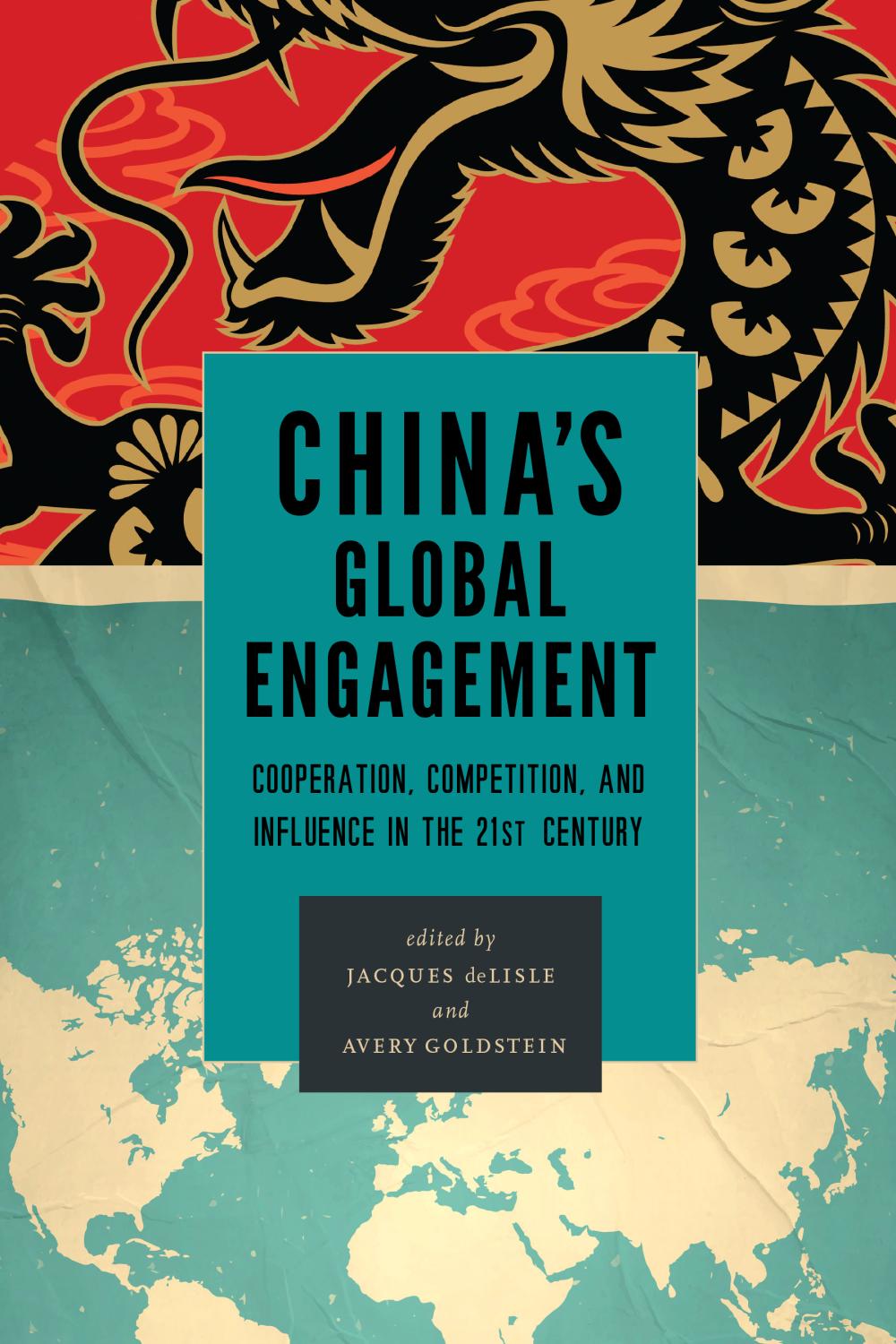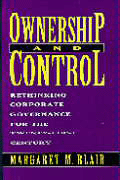


Book
Assessing China’s rapidly changing role on the international stage
China is again undergoing a period of significant transition. Internally, China’s leaders are addressing challenges to the economy and other domestic issues after three decades of dramatic growth and reforms. President Xi Jinping and other leaders also are refashioning foreign policy to better fit what they see as China’s place in the world. This has included a more proactive approach to trade and related international economic affairs, a more vigorous approach to security matters, and a more focused engagement on international cultural and educational affairs.
In this volume, China specialists from around the world explore key issues raised by a changing China’s interaction with a changing world. They chronicle China’s emergence as a more capable actor whose engagement is reshaping international affairs in many dimensions. These include: global currency and trading systems; patterns of cooperation and competition in technological innovation; economic and political trends in the developing world; the American-led security order in the Asia-Pacific region; the practice of international military and humanitarian intervention; the use of naval power; the role of international law in persistent territorial and maritime disputes in the East and South China Seas; the international human rights regime; the circulation of Chinese talent trained abroad; a more globalized film industry; and programs to reshape global cultural awareness about China through educational initiatives.
Across these diverse areas, China’s capacity—and desire—to influence events and outcomes have risen markedly. The results so far are mixed, and the future trajectory remains uncertain. But across the wide range of issues addressed in this book, China has become a major and likely an enduring participant.
Related Books

Tom Loveless
October 1, 2006

Margaret M. Blair
June 1, 1995
Margaret M. Blair
April 1, 1996
“While recent years have seen a wealth of books dealing with China’s rise in international affairs, the chapters here provide original research on a unique set of topics, making for a valuable addition to the literature.”
—Jonathan Fulton, International Affairs
“Readers will find this book very useful in understanding a globalizing China.”
—Journal of Chinese Politics
Authors
Edited by

Jacques deLisle is the Stephen A. Cozen Professor of Law, Professor of Political Science, and Deputy Director of the Center for the Study of Contemporary China at the University of Pennsylvania, and Director of the Asia Program at the Foreign Policy Research Institute. His work focuses on China’s engagement with international law and the international order and legal reform in China.
Avery Goldstein is the David M. Knott Professor of Global Politics and International Relations, Professor of Political Science, and Director of the Center for the Study of Contemporary China at the University of Pennsylvania. His research focuses on international relations, security studies, and Chinese politics.